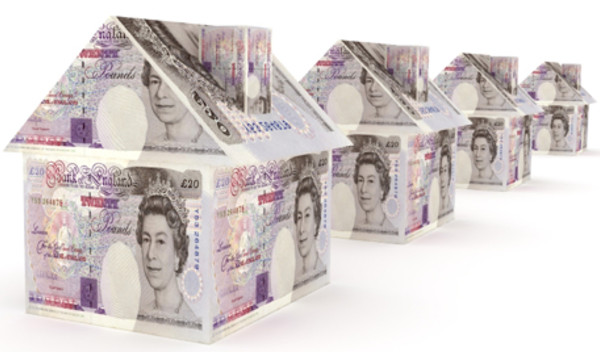

Shareholders of one of the UK’s longest-standing equity investment trusts will yet again scoop up a larger dividend, despite the second half of the year turning into a “game of two halves”.
According to TR Property Investment trust’s final results for the year ending 31 March, shareholders will get a full year dividend of £8.35 per share, which is an 8 per cent increase over the year from £7.70 per share.
Caroline Burton, chairman of the £952m trust, said this is the its 22nd year of dividend growth out of 23 years and the dividend has more than doubled since 2007.
“The board are convinced that while bond yields remain low, commercial real estate will continue to offer a considerable income advantage, and that even against an unstable global economic backdrop property can provide a steady and predictable earnings stream.”
However, she also said capital returns will be restricted as a result of lower tenant demand across Europe.
Net asset value rose by 8.2 per cent over the year up to March, ahead of the benchmark return of 5.4 per cent.
Marcus Phayre-Mudge, manager of the trust, said the first half of the year had been “a game of two halves”, with the market weakening in the first quarter only to recover in the second quarter.
He said this pattern was broadly repeated in the second half, after much of the year was dominated by concerns surrounding global growth and the impact of multi-decade lows in the price of oil.
Adviser View
Marvin Evans, principal of Old Bank Wealth Management, said a number of property funds are adjusting the pricing to a bid basis due to net outflows in light of stamp duty changes and the EU referendum.
He pointed to technical research which found TR Property has seen it discount to NAV drop from 0 per cent to just over 11 per cent in the past year.
“Commercial property has experienced three strong years of total return for investors. The forecast for commercial property over the next three years is in the region of 6 per cent per year, mostly generated from income rather than capital growth.
“Rumours abound that if Britain were to leave the EU, this could damage the property market in London and the south east, with international finance companies moving their offices to Europe, which would subsequently affect property and rental values.
“Foreign investors might not be so keen on the UK market,” he added.
katherine.denham@ft.com



